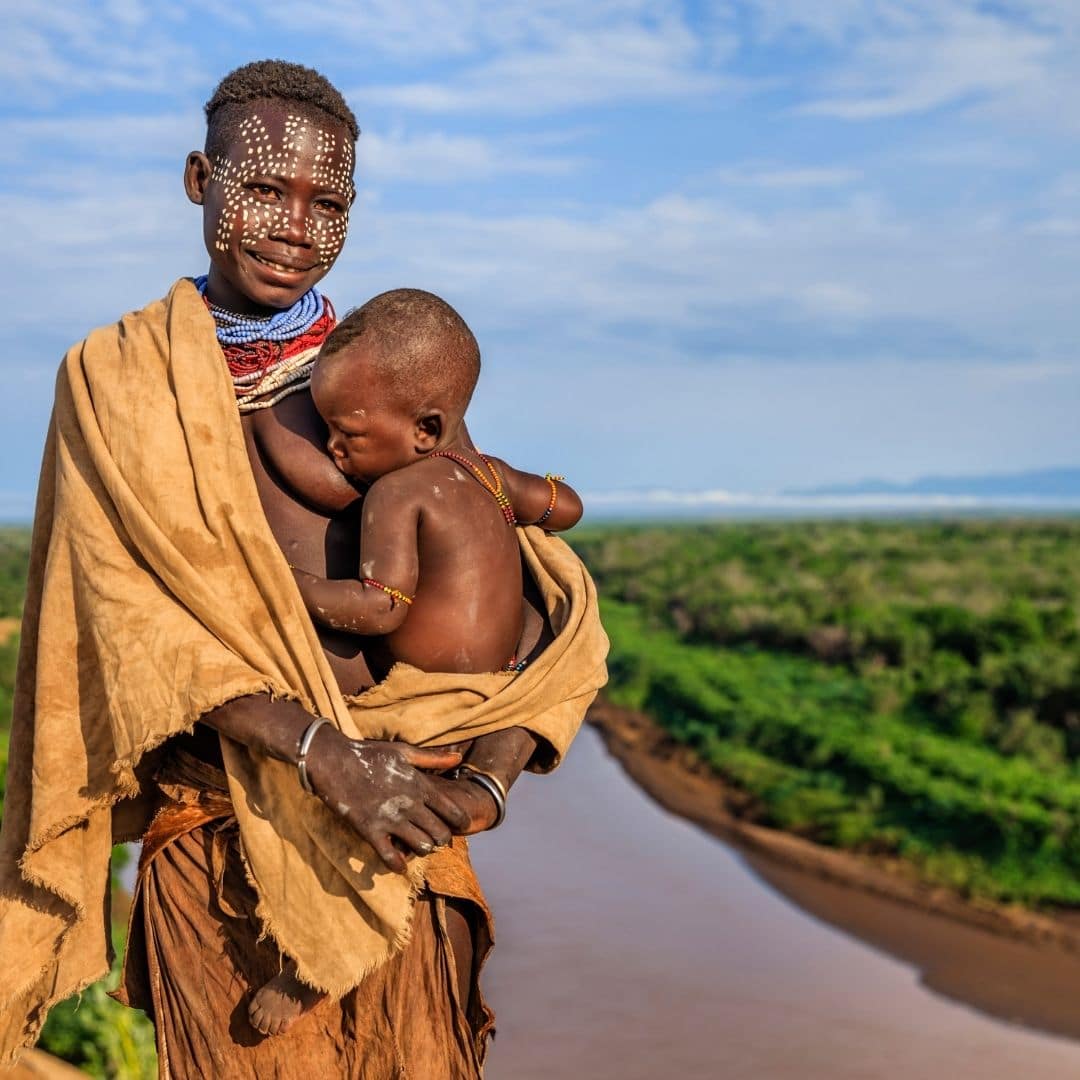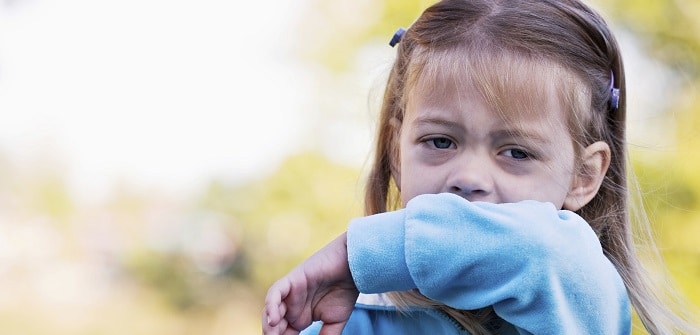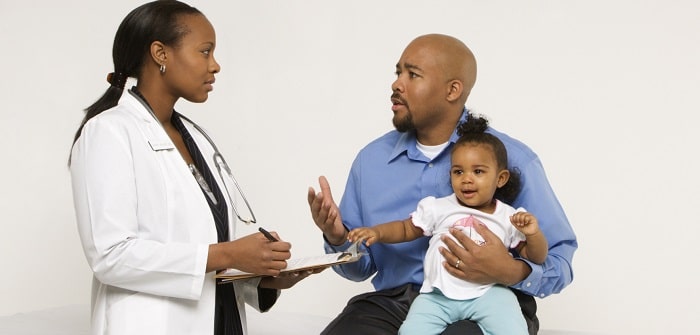Global, national and provincial experts recommend: The early initiation of breastfeeding within 1 hour of birth. Exclusive breastfeeding for the first 6 months of life. Continued breastfeeding up to 2 years of age or beyond, with introduction of nutritionally adequate and safe complementary (solid) foods at 6 months. To learn more, please visit: http://www.bfiontario.ca/lets-celebrate-national-breastfeeding-week-october-1st-7th https://waba.org.my/ https://worldbreastfeedingweek.org/
But, not all mothers can or want to breastfeed…
The Baby-Friendly Initiative knows that there are medical and personal reasons for the use of infant formula. Families that make an informed decision to formula feed are encourage to get individual guidance and support. There are risks to formula feeding, however, there are ways to reduce these risks. To learn more, please visit: http://www.bfiontario.ca/lets-celebrate-national-breastfeeding-week-october-1st-7th https://waba.org.my/ https://worldbreastfeedingweek.org/
What does infant feeding have to do with the environment?
Breastmilk is a natural, renewable food that’s environmentally safe because it’s produced and delivered to the baby without pollution, packaging or waste. Infant formula requires farming, storage, pasteurization, processing, packaging, shipping and recycling. Also, the dairy industry is a large contributor to methane emissions. Feeding infant formula leaves a major environmental footprint that contributes to the depletion of natural resources, … Read More
Planning a Winter Vacation?
Don’t forget your travel shots! It’s always exciting planning a trip. Your travel destination will have all kinds of new and fun things to do and so many different foods to taste. Keeping yourself healthy to enjoy all of these pleasures takes some planning too. Have you consulted a travel clinic about possible vaccinations or other medications that may be … Read More
I Can Include My Partner in the Care of My Baby
Picture this: You awake in the morning, after a sleepless night, where your baby wanted to feed every hour, on the hour. You are tired and have just enough energy to get your baby latched to feed one more time but there are so many things that need to get done. So, what do you do? Sometimes it’s difficult to … Read More
Whooping Cough… Are you Protected?
Pertussis, also called whooping cough, is a respiratory infection that can cause coughing and choking spells which can last for weeks and even months. The best way to protect yourself and your family is to get immunized. Ensure that your children have had all their pertussis shots, as well as their high school booster shot. Adults can receive a … Read More
Am I at Risk for TB if I Travel?
You should always keep in mind that certain countries are considered higher risk for acquiring Tuberculosis. Currently the five countries with the highest TB incidence worldwide are: 1. India 2. China 3. South Africa 4. Indonesia 5. Pakistan For a complete list of other high burden countries visit www.stoptb.org/countries/tbdata.asp If you have travelled to any of these countries it does … Read More
How to Safely Dispose of Needles
Watch the video below for a step-by-step guide on how to properly dispose of needles found on public or private property. For more information please contact the CK Public Health at 519.355.1071 ext. 5901 or email ckpublichealth@chatham-kent.ca
Tara’s Story
Immunizations are important in all stages of life. Infants and young children need shots because their immune systems are not mature enough to fight infection. They need their shots given on a well – timed schedule. Older children and adults also need shots to restore fading immunity or to build new immunity against different diseases. So, please, choose to immunize, … Read More
Preparing your Student for Clinic Day
Your child may be feeling anxious about getting needles at school. The Public Health Nurses work to minimize the time the students are within the environment, and use other techniques to decrease pain and anxiety, in order to help the student through the process. Here are some ways for you to help your child prepare for the clinic day: … Read More
Upcoming Grade 7 School Immunization Clinic Dates
Our vaccination clinics for Grade 7 students will continue at local schools in April and May to protect against Hepatitis B, Meningococcal Disease and Human Papillomavirus (HPV). These vaccines are only available free of charge from Chatham-Kent Public Health; they are not available from your doctor. Only those students with signed and completed consent forms can receive these shots. If … Read More
How can I reduce the pain of vaccinations for my baby or child?
Vaccinations are important in order to prevent disease and illness in your child, however they can at times cause anxiety for both you and your little one. Below are some tips to reduce pain from shots and make the experience better for the both of you. Have your baby/child sit on your lap for a cuddle during the immunization If … Read More












